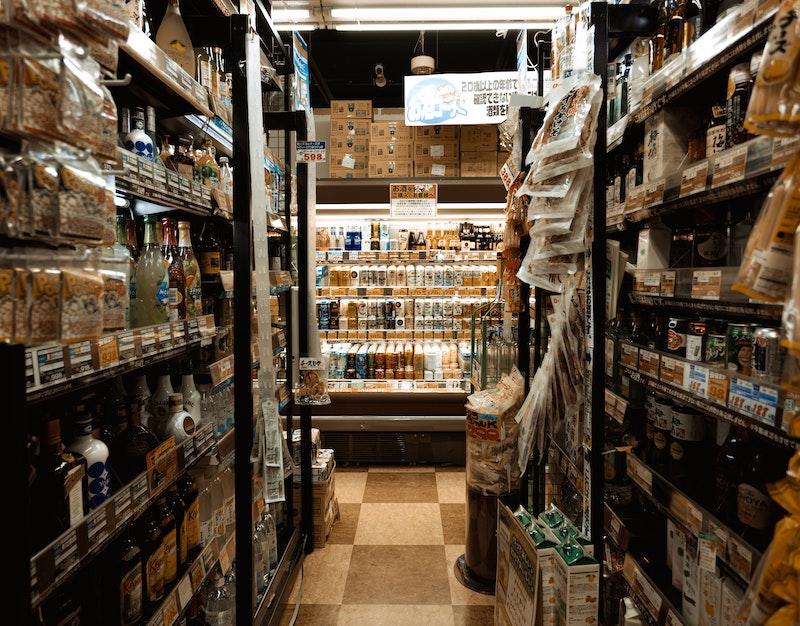So you have a great food product that regularly sells out at local farmer’s markets. You’ve created something people want and need. But it’s time now to get your product onto the shelves of local or national grocery retailers. We have four simple steps to help. The first one, partnering with a food business consultant, will assist you in more ways than you ever imagined possible.
1. Choose the Right Food Business Consultant
A food business consultant knows everything there is to know about launching a new food campaign. They’ll help in numerous ways, including:
- Finding ingredients that may be difficult to attain
- Steering you toward the certifications you’ll need to sell to grocery stores
- Helping you purchase ingredients and supplies at lower prices
- Linking your resources, people, and suppliers who can help promote your efforts
Your food business consultant should be a wealth of information and resources. Look for someone who’s thoroughly established in the industry and who has great client reviews.
2. Obtain Your Food Processor License
If you’ll be selling within the United States, regulations vary between states. Check with your local health department to find out what’s needed. Usually, you’ll need a food processor license. This gives you permission to manufacture, label, package, and store food for distribution to grocery stores. You may need additional licenses as well, if you work with shellfish, dairy, or juice.
In Canada, you’ll need to check with the Safe Food for Canadians Regulations (SFCR) to determine which licenses are required.
Wading through licensing requirements can be time-consuming and confusing. But an experienced consultant will be able to look at your ingredient list and steer you in the right direction with ease.
3. Incorporate Your Business
Incorporating your business helps protect your personal assets in the event of a lawsuit. Incorporating as an LLC defines your business as a Limited Liability Company, meaning if you lose a lawsuit, only funds generated by your company are fair game. And if you have business partners, you may want to file as a C- or S-corporation to protect them as well.
In Canada, you’ll want to set up as either a corporation or as a limited partnership. Talk with your accountant for more information on how to separate your personal assets from your business assets.
4. Approach Your Markets
This is the most difficult step for many — actually finding and convincing stores to carry your product. Your food business consultant can do the bulk of this chore for you. A stellar pitch will be required, so will marketing materials such as consumer coupons and store signage. You’ll be responsible for supplying these, and they’ll need to look professional. While the store manager may make the decision in smaller grocery store chains and independent markets, the bigger retail chains will require a pitch to a corporate buyer. Your business consultant should know how and where to reach them. Your food business consultant can demystify this whole process for you while taking on the brunt of the work. That’s why it’s vital to foster a great partnership with an experienced consultant at the very beginning.
